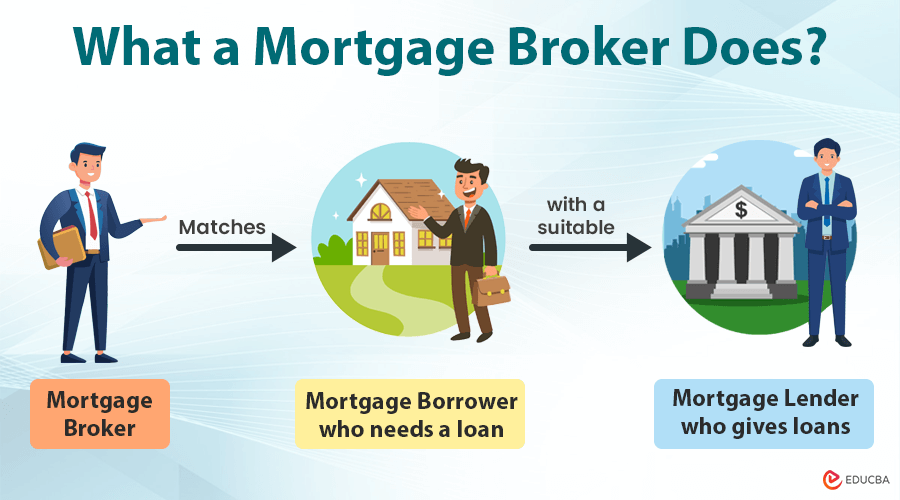Jumbo Loan Fees: What You Need to Know Prior To Applying
Jumbo Loan Fees: What You Need to Know Prior To Applying
Blog Article
Understanding What a Jumbo Car Loan Entails and Exactly How It Varies From Standard Financings
Navigating the details of big lendings exposes a financing choice tailored for those venturing right into high-value real estate, usually going beyond the limitations established by the Federal Housing Finance Company. The considerable risk linked with jumbo financings necessitates much more strict qualification requirements, consisting of greater credit ratings and substantial down repayments.
Interpretation of Jumbo Loans
Jumbo car loans are a sort of mortgage that surpass the adjusting funding restrictions set by the Federal Housing Financing Firm (FHFA) These car loans satisfy borrowers who require to fund buildings that are much more costly than what traditional financing limits allow. The FHFA establishes annual adapting loan limits, and any type of funding going beyond these thresholds is classified as a jumbo funding.
Normally, big lendings are utilized in high-cost realty markets where home costs substantially go beyond nationwide averages, such as in cosmopolitan locations or high-end real estate fields. As these lendings are not eligible for purchase by Fannie Mae or Freddie Mac, they carry intrinsic dangers for loan providers because of their bigger size and non-conformity (jumbo loan). Lending institutions frequently impose more rigid qualification standards for big finances than standard conforming loans.
Borrowers looking for jumbo fundings need to normally show a solid monetary profile, including a higher credit report, robust revenue confirmation, and substantial deposit, often 20% or even more. In addition, lenders might call for much more considerable paperwork to analyze the borrower's capability to take care of larger regular monthly settlements. Understanding the certain features of jumbo financings is essential for prospective consumers navigating this section of the home loan market.
Standard Lendings Introduction
While big lendings accommodate high-value residential or commercial property financing, traditional loans represent the more typical home mortgage choice in the real estate market. These lendings are not insured or assured by any government entity, such as the Federal Real Estate Management (FHA) or the Department of Veterans Matters (VA) Rather, they are backed by personal lenders and comply with guidelines established by government-sponsored enterprises (GSEs) like Fannie Mae and Freddie Mac.
Traditional lendings are normally provided with fixed or flexible rate of interest and vary in regards to duration, commonly extending 15 to 30 years. Consumers frequently prefer standard lendings for their predictable month-to-month repayments, which can help with long-lasting economic planning. In addition, they are offered for primary residences, second homes, and investment properties, supplying adaptability to meet varied debtor needs.

Secret Differences Between Finances
Understanding the nuances between various sorts of finances is crucial for prospective buyers browsing the complex home loan landscape. At the forefront of this decision-making procedure are conventional lendings and big lendings, each having distinct features and serving various customer demands. The main distinction rests in the car loan amount. Jumbo fundings surpass the adapting lending limits set by the Federal Housing Financing Company (FHFA), which vary by region. In contrast, conventional financings comply with these restrictions and are commonly acquired by government-sponsored entities like Fannie Mae and Freddie Mac.

In addition, the deposit requirements can vary substantially. Jumbo car loans normally require bigger deposits, often exceeding 20%, to mitigate risk. Standard finances, on the other hand, might allow for reduced down repayments, with some programs accepting as low as 3% for competent customers.
Credentials Needs
Safeguarding a jumbo finance entails meeting more rigid credentials demands compared to standard loans, showing the boosted threat to lenders. These fundings, which exceed the adjusting finance limitations set by the Federal Real Estate Finance Agency (FHFA), are not eligible for purchase by Freddie Mac or Fannie Mae, consequently revealing lenders to higher financial danger - jumbo loan. Because of this, customers have to show a high creditworthiness and financial security
A durable credit rating, generally 700 or higher, is essential for approval. Lenders also expect a lower debt-to-income (DTI) ratio, often not surpassing 43%, making certain that debtors can manage significant monthly payments alongside various other economic responsibilities. A considerable money get is usually required, commonly amounting to 6 months of home loan repayments, to reassure lenders of the customer's economic resilience.
Deposit expectations are also raised, often starting at 20% or more of the building's value. While Visit Your URL this is a secure for loan providers, it necessitates considerable upfront resources from customers. Additionally, proof of constant, enough earnings is essential, usually validated through income tax return, W-2s, and current pay stubs. Self-employed individuals might need to provide additional documents, such as profit and loss statements, to corroborate their revenue stability.
Selecting the Right Funding
Browsing the complexity of jumbo fundings requires careful consideration when picking the most ideal car loan option. With the more comprehensive variety of choices readily available to those seeking big lendings, the decision-making process needs to involve a thorough analysis of one's financial account and lasting goals. Unlike traditional finances, jumbo finances frequently include more stringent needs and differed rate of interest, which require extensive research and a clear understanding of one's economic standing.
When selecting between different jumbo loan offerings, it is imperative to assess the funding terms, consisting of rates of interest, settlement schedules, and connected costs. Consumers ought to compare the prices supplied by different loan providers to ensure they protect the most beneficial terms. Furthermore, understanding the implications of fixed versus variable-rate mortgages (ARMs) is crucial, as each choice provides unique benefits and threats depending upon market conditions and individual monetary strategies.
Involving with an economic advisor or mortgage broker can supply beneficial insights customized to individual circumstances. These professionals can aid in navigating the subtleties of big financings, making certain that customers are well-informed and outfitted to select a finance that straightens with their monetary objectives, inevitably helping with a smoother home-buying procedure.
Verdict
In recap, big fundings act as a financial tool her explanation for acquiring high-value residential or commercial properties, requiring rigorous qualification requirements and higher rate of interest prices visit this website due to the elevated danger for loan providers. Unlike conventional financings, which adjust to FHFA restrictions and might get support from Fannie Mae or Freddie Mac, jumbo finances need a minimal debt rating of 700 and considerable down settlements. Recognizing these differences is essential for borrowers in high-cost property markets to figure out the most appropriate car loan option for their demands.
The FHFA establishes yearly adhering car loan limits, and any kind of finance exceeding these thresholds is categorized as a jumbo lending.
At the forefront of this decision-making procedure are jumbo fundings and traditional fundings, each possessing distinctive qualities and serving various debtor demands.Protecting a jumbo finance involves fulfilling extra strict credentials needs compared to traditional lendings, showing the increased danger to loan providers. Unlike standard financings, jumbo lendings often come with stricter needs and differed rate of interest rates, which require detailed study and a clear understanding of one's economic standing.
Unlike traditional lendings, which adhere to FHFA limits and might get support from Fannie Mae or Freddie Mac, jumbo lendings require a minimal debt score of 700 and significant down repayments.
Report this page